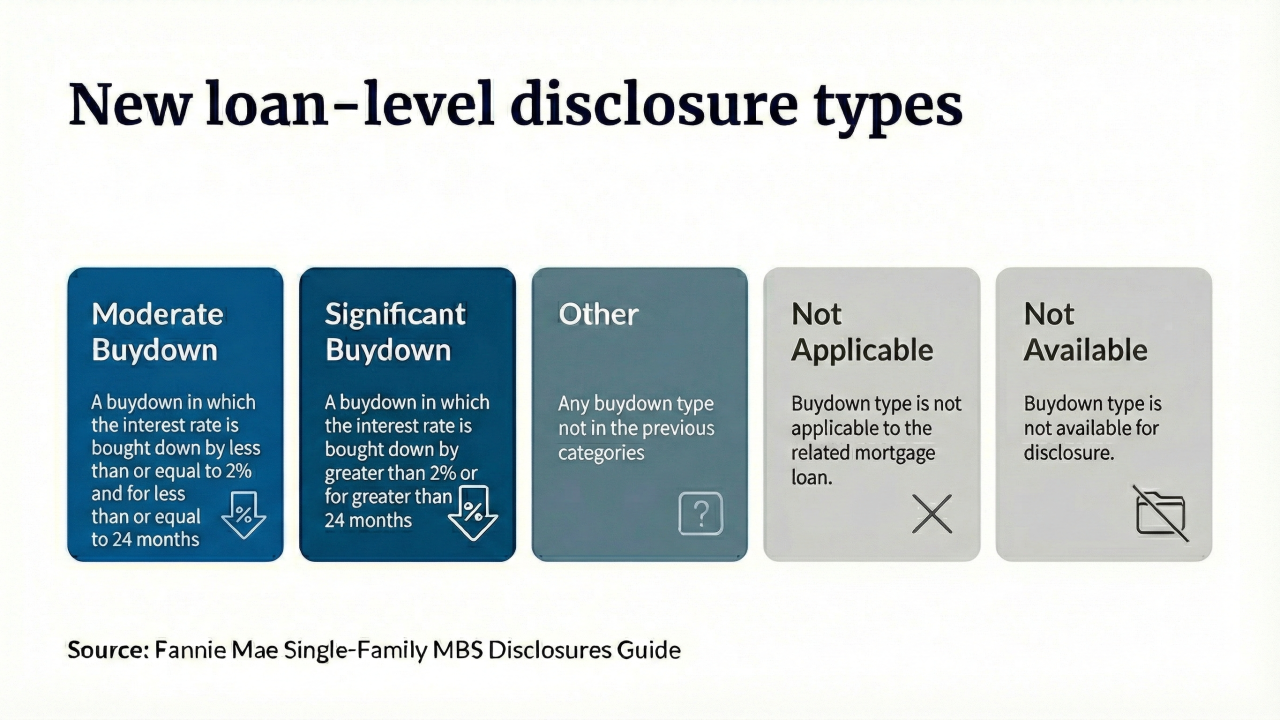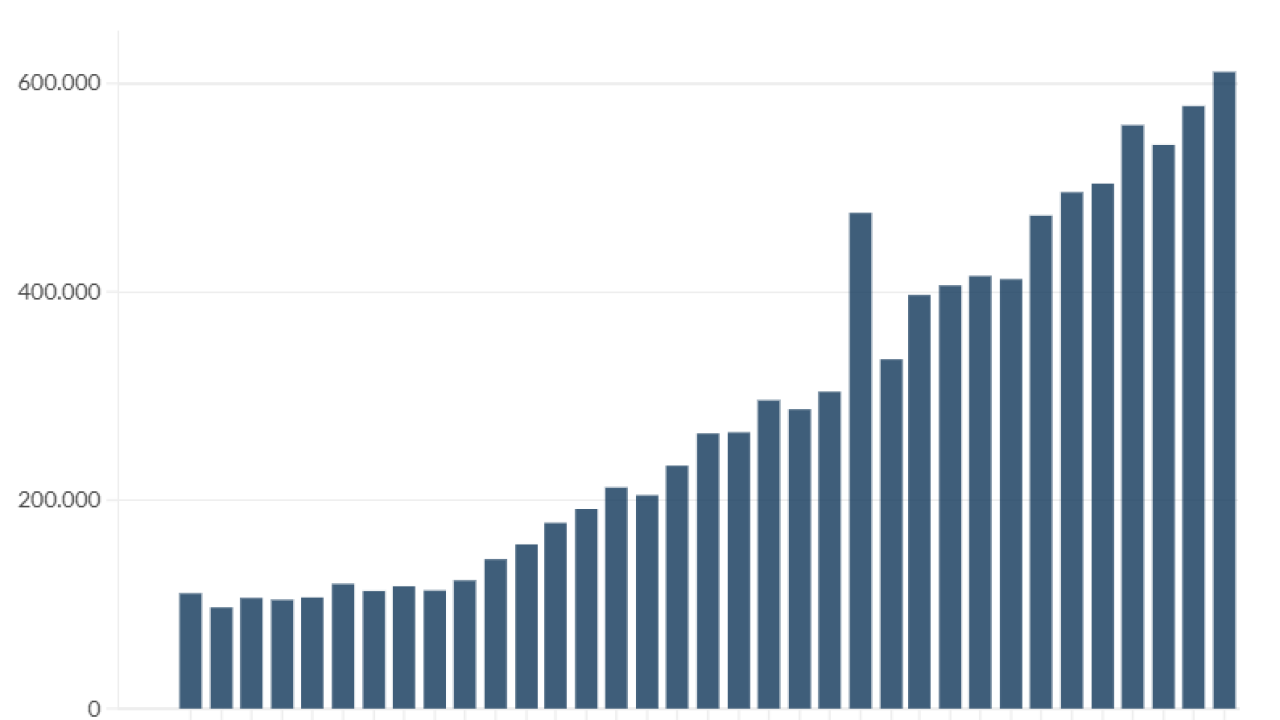Individual restructurings continue across the SIV sector as sponsors take a more proactive stance in the run-up to M-LEC. Last week, Rabobank and Societe Generale announced proposals that would help their respective vehicles avoid enforcement.
"We are seeing a mixture of solutions," said Henry Tabe, managing director in the structured finance group at Moody's Investors Service. "Some banks are providing assistance immediately, bringing loans on balance sheet while assisting in the retirement of assets. But we are also seeing other solutions."
An option being used is to buy back assets from the SIV and then to place these on balance sheet.
Rabobank announced plans to take $7.6 billion of assets from its SIVs, Tango Finance Ltd. and Tango Finance Corp. Rabobank's support should be enough to allow Tango to pay the principal and interest on all senior debt in full on or before the relevant maturity dates. As a result, Moody's said it is extending its review period for these SIVs. On Nov. 30, Moody's placed the current ratings assigned to the various senior debt programs of the Tango vehicles on review for possible downgrade.
Meanwhile, last week SocGen announced that it extended a facility designed to fully support the liquidity requirements of its PACE SIV. SocGen plans to consolidate all PACE assets onto its balance sheet. The move will have an impact of around five basis points on its Tier 1 ratio, the firm said. "It's much like the HSBC situation (ASR, 12/3/07). The decision is purely computer based; when you plug it into a model, it's what makes most sense," a market observer said. "It's a profit-to-loss perspective, and we expect to see more of this happening because investment banks won't hold on to risks for extended periods of time."
Opting for a buyback of the assets leaves the capital notes in a position to ride out the liquidity-deprived markets and to wait to see if asset prices eventually rise and hold to asset maturity if preferable, according to Standard & Poor's. "This benefits the SIV because while the capital note is retired, the SIV is locking in a sale price of the assets and preventing further erosion in value, which would place the senior liabilities in higher likelihood of loss," the rating agency said. "It is certainly a solution to markets where bid-offer spreads can be quite substantial, but it also leaves SIVs with no ability to realize the potential price appreciation of assets in future periods."
As an immediate solution, SIVs undergoing the restructuring option are unlikely to be sold at distressed levels. Market players said that in the absence of any new primary paper, subprime RMBS spreads can potentially tighten significantly during the first quarter, even if buying appetite remains greatly reduced.
Deutsche Bank analysts said M-LEC remained a potential option for any remaining programs that are still operational, which includes Citigroup's SIV.
(c) 2007 Asset Securitization Report and SourceMedia, Inc. All Rights Reserved.
http://www.asreport.com http://www.sourcemedia.com




